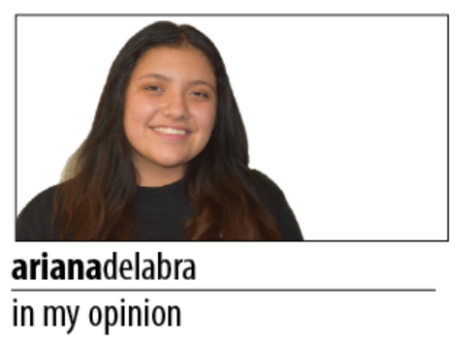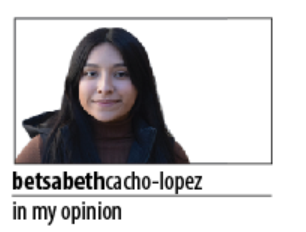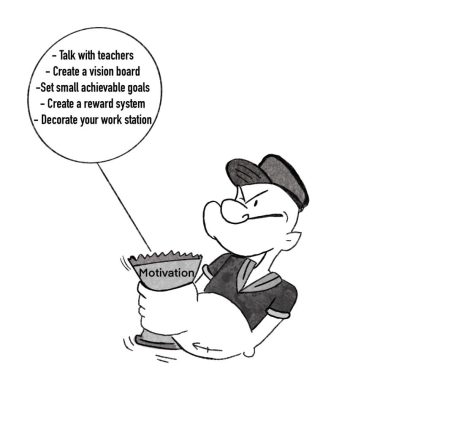Some Students Can’t Read Whatever they want. Be Grateful That You Can.

Under the warming rays of the sun, you can bury your nose deep in a good book, like ‘All Boys Aren’t Blue’, by George Johnson, a memoir about growing up queer in a Black community. Librarian Tina Ehsanipour might walk by and compliment your mature yet realistic choice of book. You feel the joy of being understood.
But it isn’t this way everywhere. Students in many high schools are hearing, “Hey, you! Put that book down! That’s not allowed on campus.”
Yes! That’s correct. In our democratic country, with free speech for all, schools are banning books.
Since July 2021, Republican politicians and conservative activists have organized in parent and community groups to ban books that address issues of race, bodily autonomy, gender, and most commonly, sexuality. They argue that these books are forms of pornography and grooming. They swarm school board meetings to force schools to keep the books out of their libraries. PEN America’s Index of School Book Bans lists more than 1600 books that are banned in American high schools across the country, but most prominently in the southern states.
Books in public schools are subject to being censored by school districts or parents who believe that the contents are too graphic or expose children to non-conservative ideas.
With more and more books being taken out of the hands of young curious readers, we need to make the most of our freedoms. Everyone needs to become aware of this injustice and keep reading and exploring as much as they can.
Tina explained that books have the ability to unite communities.
“When we read, we can really connect and learn more,” she said. “Even if it’s not our own experiences, I think it’s important that we read across, that we read other people’s experiences, because it’s through those stories that we learn and grow.”
“You sometimes don’t know you exist until you realize someone like you existed before,” wrote George Johnson in All Boys Aren’t Blue. Lines like these remind everyone everywhere of the importance of compassion and respect for others, not only for their community, but even those they may feel are different. But without access to liberating words, future generations will miss out on the chance to learn and grow.




